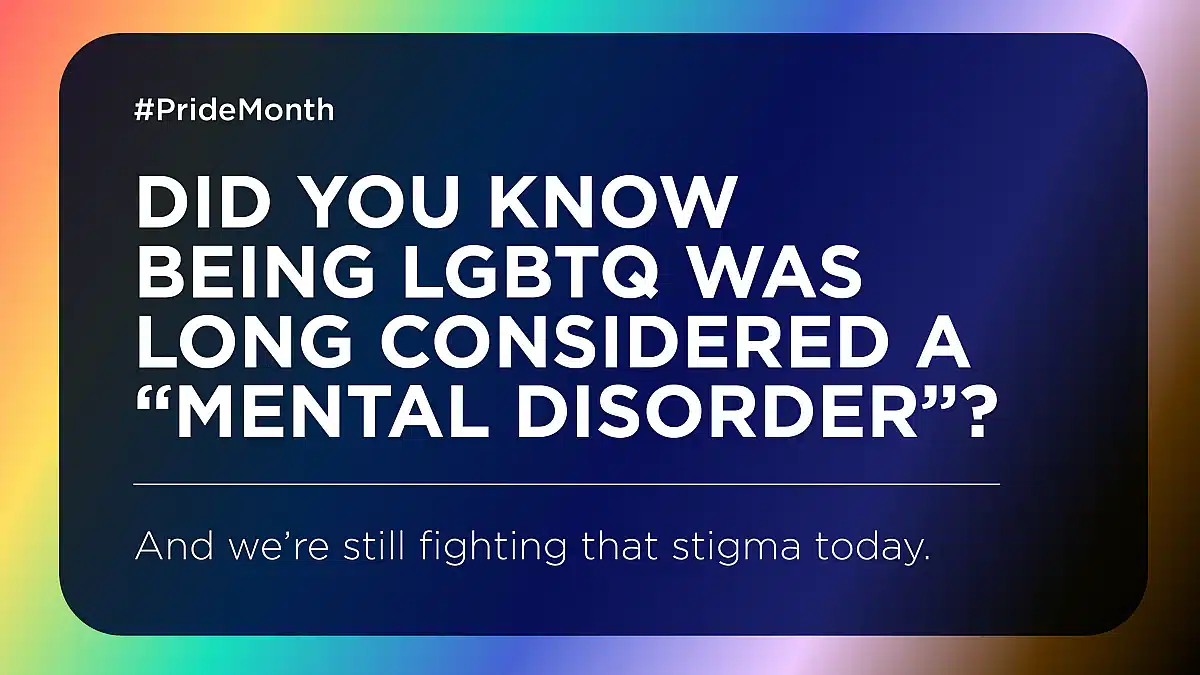The LGTBQ community has been sidelined for years, making them feel like outsiders. And just like any other minority community, instances of discrimination against the LGBTQ community are also not a rare phenomenon. This is the reason why the mental health issues faced by this community are also very complex, and not everyone is qualified to handle the problems faced by the community.
Fortunately for Orange County residents, there are numerous mental health facilities specifically designed to cater to the LGBTQ community. LGBTQ therapy in Orange County focuses on addressing the complex issues faced by the community and offers all-around care to uplift their current conditions. If you want to know more about the complex mental health issues faced by the community and how professional medical assistance can help, the following article is here for you.
Complex Mental Health Issues in the LGBTQ Community
During the 1960s and 70s, homosexuality was considered to be a mental disease that needed to be treated. Although this statement was struck down in the 2nd edition of the Diagnostic and Statistical Manual of Mental Disorders by the American Psychiatric Association in 1973, the years of discrimination and stigma have left a deep scar on the community. This is the reason why the LGBTQ community is more susceptible to substance abuse, eating disorders, and mental health issues such as anxiety, depression, and suicidal thoughts. Moreover, even though the stigma around the community has been reduced to some extent, instances of discrimination and injustice against them are still very prevalent.
-
Anxiety and Depression
Although any individual can be a victim of anxiety and depression, it is seen more commonly in the LGBTQ community due to the prevailing stigma and prejudice in society.
-
Substance Abuse
With mental health disorders comes substance abuse. So, drug and alcohol use in the LGBTQ community is also very common.
-
Eating Disorder
Since the eating disorder is interlinked with substance abuse and mental health issues, most individuals who belong to the community suffer from one or the other type of eating disorder, which impacts their overall health.
How Essential is Professional Mental Health Help for the LGBTQ Community?
The lives of every individual are filled with constant ups and downs, and those belonging to the LGBTQ community often experience more of the downs. This is the reason why professional mental health help becomes imperative for the minority community.
Here are some ways in which professional help can help you:
-
Helps You Overcome Anxiety and Depression
Since the LGBTQ community suffers from multiple forms of oppression, the approach to treating anxiety and depression should be unique. This is why most medical professionals work through the framework of intersectionality to help the community.
Intersectionality is a framework through which medical professionals try to understand how different forms of inequality create barriers for people and impact their mental health, causing them to feel anxious and depressed.
For instance, if you are a black homosexual woman, you definitely face multiple forms of oppression on a daily basis, and the underlying cause of mental health issues will be different from that of a white homosexual man.
-
Helps You to Come Out
Coming out is one of the most important milestones for a person who belongs to the LGBTQ community. But no matter how liberating it may feel, it is always accompanied by judgments and, in worse cases, tremendous backlash from your loved ones. With the help of professional assistance, you are emotionally prepared to navigate this challenging time successfully.
-
Help You Overcome Fear
Reports of hate crimes against the LGBTQ community are not new to any of us. However, these negative incidents make the people of the community live in a constant state of fear, which triggers substance abuse, eating disorders, and suicidal thoughts. But with the help of therapy, one can learn to deal with their fearful thoughts and tackle discrimination wisely.
Conclusion
The problems that a person belonging to the LGBTQ community faces are different from those of a person who identifies themselves as a part of the cisgender community. This is why the community needs specialized care and support that focuses on their problems specifically.
Hence, seeking help from a mental health professional who specializes in handling the complex problems of the LGBTQ community is the most appropriate route a person belonging to the minority community can take.





